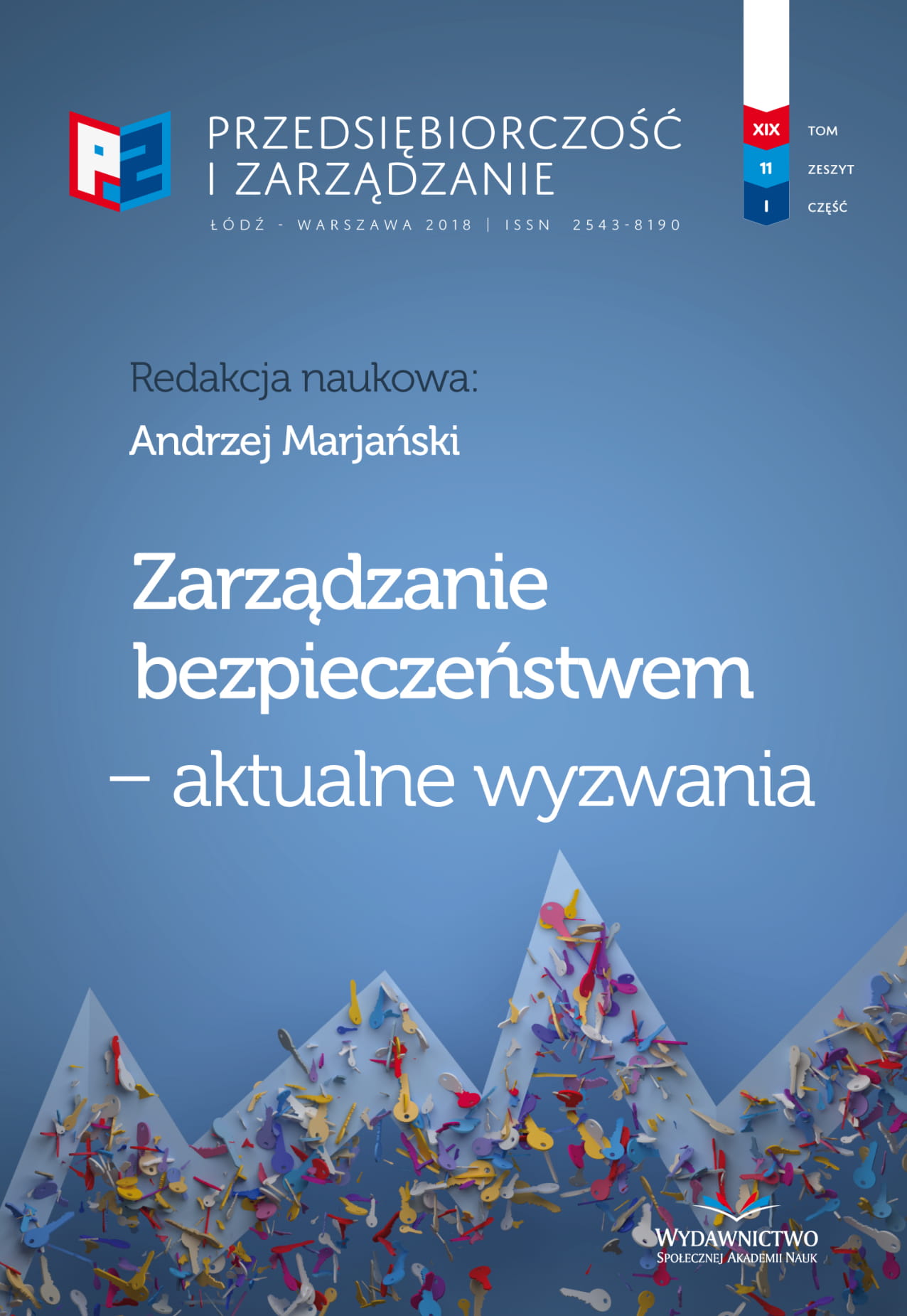Knowledge, Intentions or Other Factors – What
Determines the Infringement of Copyrights? Gloss
to the Cjeu Judgement of 14 June 2017 in Case
C‑610/15 Stichting Brein V. Ziggo
Knowledge, Intentions or Other Factors – What
Determines the Infringement of Copyrights? Gloss
to the Cjeu Judgement of 14 June 2017 in Case
C‑610/15 Stichting Brein V. Ziggo
Author(s): Olga ZinkiewiczSubject(s): Economy, Law, Constitution, Jurisprudence, Business Economy / Management, ICT Information and Communications Technologies
Published by: Społeczna Akademia Nauk
Keywords: copyrights; peer-to-peer; internet access providers; providers of hosting services; Directive 2001/29/EC; Directive 2000/31/EC; The Pirate Bay; liability
Summary/Abstract: This article, on the one hand – following the footsteps of the CJEU’s judgement of14 June 2017 in Case C-610/15– restrains on technical issues and, on the other hand – embracing the approach of the Advocate General calling for the recognition of the Electronic Commerce Directive (2000/31/EC) in the scheme of things –discusses the reasons why the CJEU has rejected the protection afforded to hosting services providers forth with and established TPB’s primary liability based on Article 3(1) Copyright Directive (2001/29/EC). The goal is to consider the relation between liability as stipulated by the Copyright Directive and the premises excluding liability based on the Electronic Commerce Directive, as well as to reanimate the issue of search service providers’ liability. As conclusions, it has been pointed out that- in the currently established jurisprudence- it seems that the mere knowledge on the part of profit-making sharing platforms about the illegal nature of activities or information shared by its users is sufficient to establish liability pursuant to the Copyright Directive. This makes it even more important that the liability as stipulated by the Electronic Commerce Directive is reconsidered, taking into account the case law and the proposed EU legal acts. Another postulate is the need to consider and justify the nature of fragments of works shared in peer-to-peer networks in EU law.
Journal: Przedsiębiorczość i Zarządzanie
- Issue Year: 19/2018
- Issue No: 11.1
- Page Range: 85-93
- Page Count: 10
- Language: English

